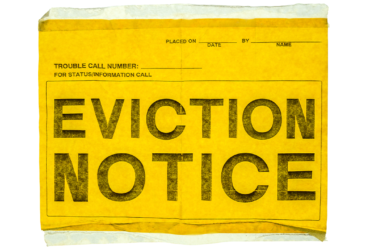A rent-control ordinance limits how much a landlord can raise the rent on a tenant
Rent control allows landlords to charge whatever they believe the market will bare, usually the highest price possible. This price then becomes the base rent price for the apartment. Once the base price is established, rent control restricts how much the landlord can increase the rent. These laws limit only rent increases but do not reduce the established base rent.
Most property law experts believe these laws should be called rent increase restriction laws rather than rent control laws. Unfortunately, some landlords will resort to trying to constructively evict the tenant for suspected abuse of rent control laws.





